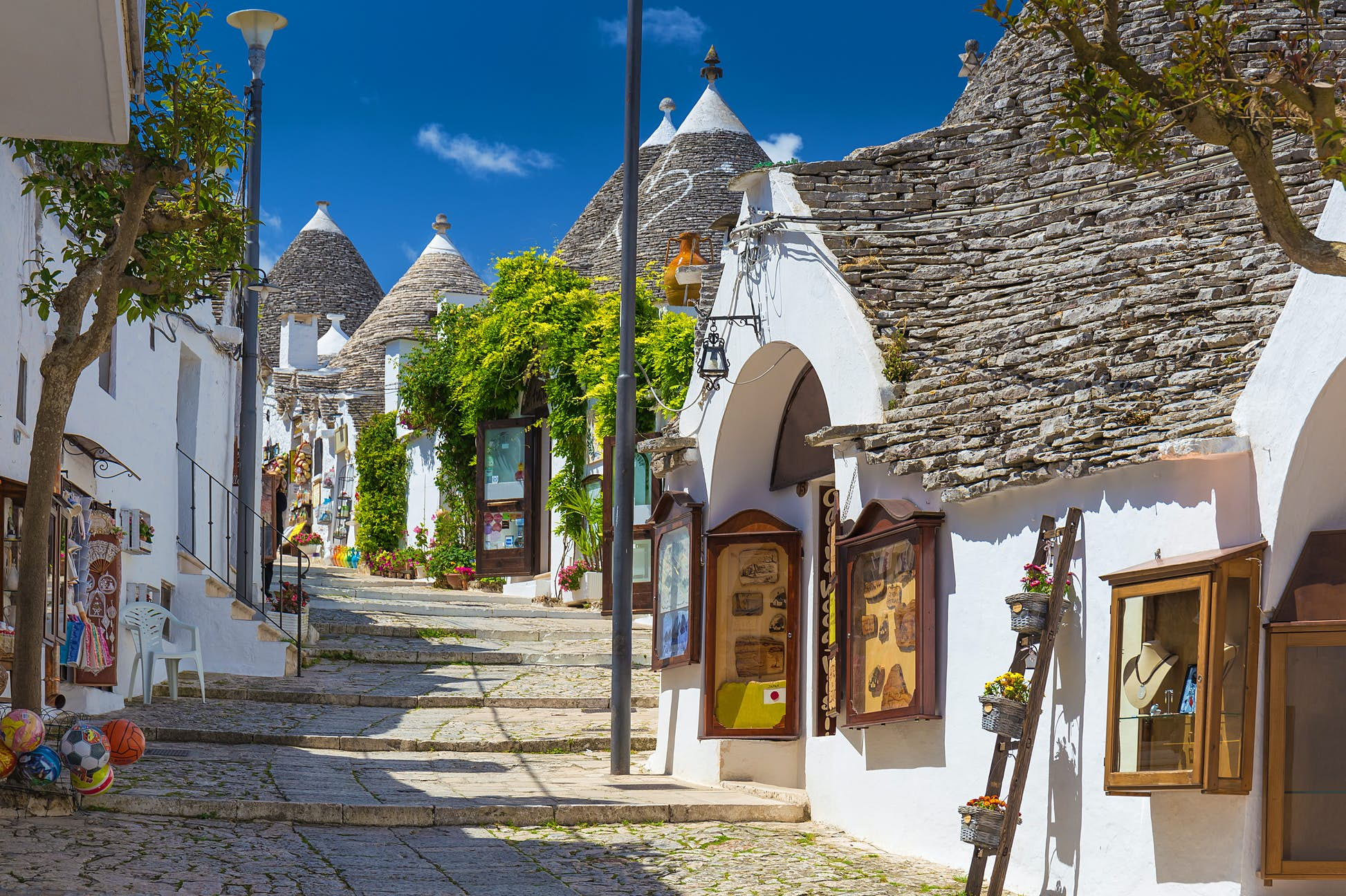
You'll need to register before visiting these popular tourist regions in Italy
TripFalcon June 10, 2020
Last Update: 2020-06-10 16:08:52If you're planning a visit to Italy this summer you may have to register before arriving in some of the country's most popular tourist destinations.
Italy reopened its international borders at the start of June and allowed travel between regions after two months of strict lockdown. But the regions of Sardinia and Puglia are taking extra steps to curb the spread of COVID-19 by requiring visitors to pre-register to help with track and trace measures. The rules apply to both international and local visitors.
The Sardinia form (access it here) requires visitors' contact and address details in Sardinia; flight or ferry details and ID. Travellers are also required to declare they're symptom-free no more than 48 hours before arrival. The completed form must be presented to airlines or ferry companies before boarding. For Puglia, travellers must complete this online form and email it to the local health authorities (see the directory here) in the province where they are staying.

Puglia is home to the pretty town of Alberobello with its famous trulli houses ©Josef Skacel/Shutterstock
According to a report published in La Repubblica, 80% of Italians are planning a domestic holiday this summer. Puglia is the destination people most want to visit, followed by by Sicily and Sardinia. But as travel steadily picks up again there are concerns that infections may surge again if people don't follow social distancing rules.
To help keep infection rates low, Italy has launched an app dubbed Immuni (immune), that records when users are in close proximity with each other through their smartphones. If a person tests positive for the virus, the app will enable health authorities to identify who else might be at risk through contact tracing and, in turn, curb contagion.

